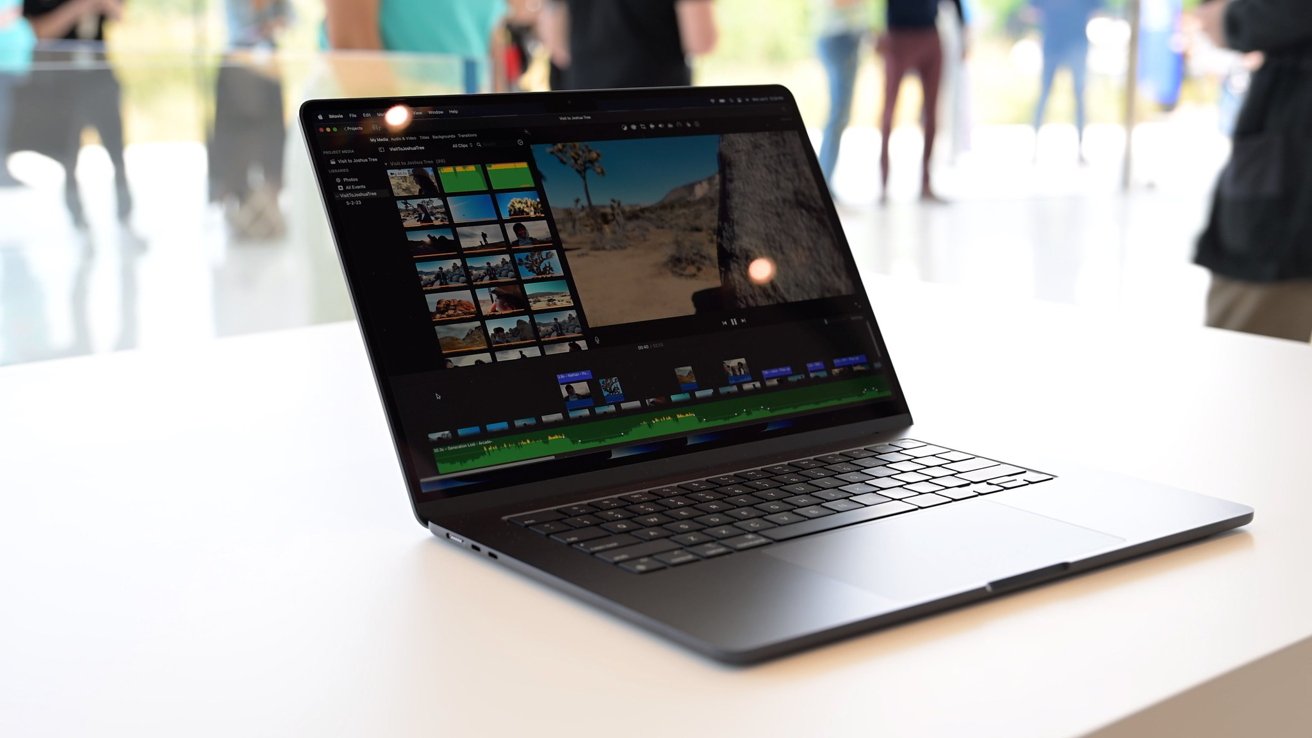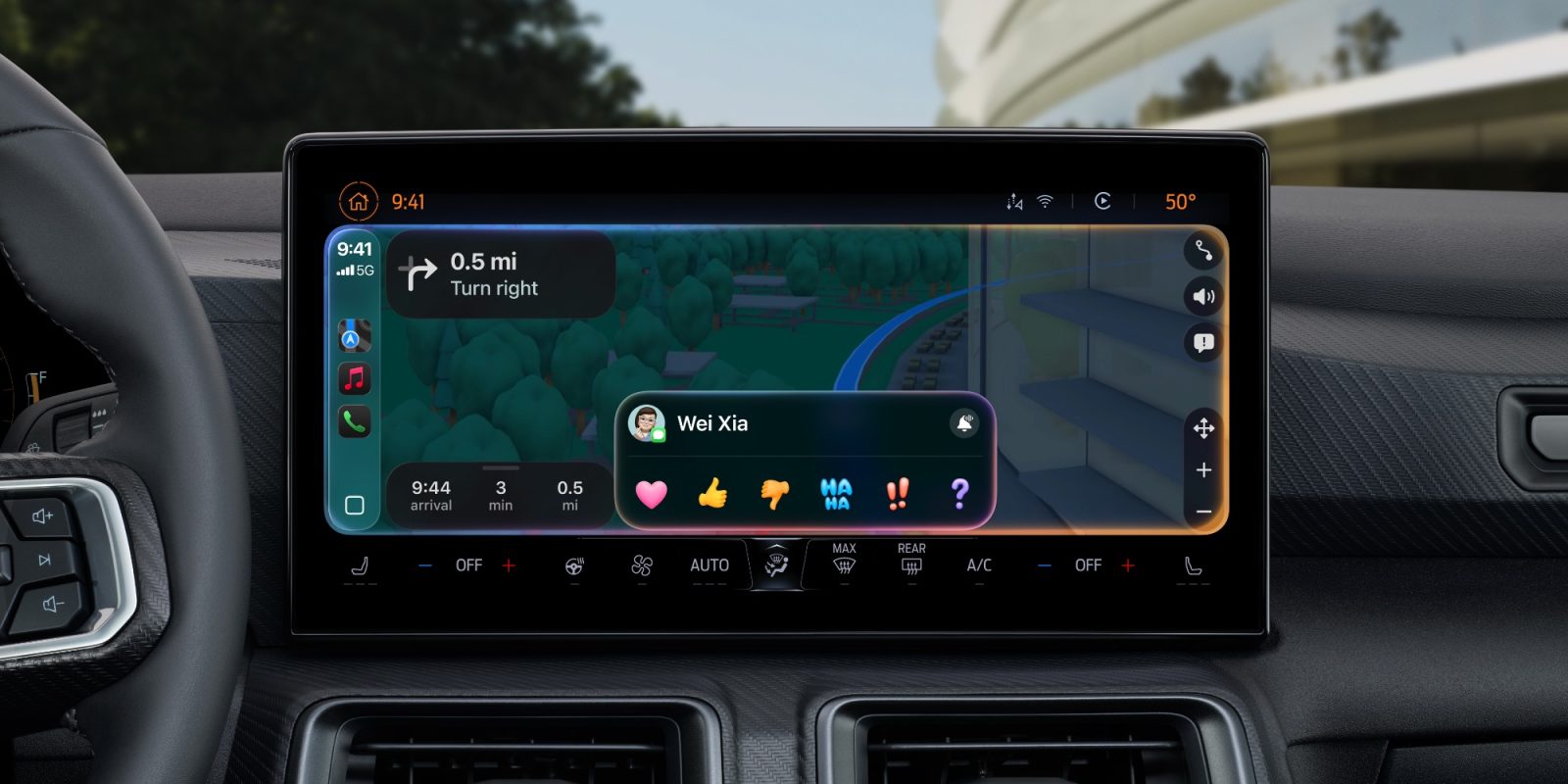Apple has expanded its Apple Pay service in South Korea by integrating Express Mode with T-Money, the nation’s leading transportation payment system. This advancement allows iPhone and Apple Watch users to pay for public transportation by simply holding their devices near ticket terminals, streamlining the commuting experience.
Understanding T-Money
T-Money is a rechargeable smart card system widely used across South Korea for paying fares on buses, subways, and taxis. Beyond transportation, T-Money is accepted at various convenience stores and other businesses, making it an integral part of daily transactions for many South Koreans. The system is managed by T-Money Corporation, with significant ownership by the Seoul Metropolitan Government and LG CNS.
The Evolution of Apple Pay in South Korea
Apple Pay’s journey in South Korea has been marked by gradual progress. Initially launched in March 2023, its adoption faced challenges due to the dominance of Samsung Pay and the limited availability of NFC-enabled terminals. Samsung smartphones held a substantial market share, and Samsung Pay’s early support for public transit since 2015 gave it a competitive edge. Additionally, the high costs associated with upgrading to EMV contactless terminals and concerns over transaction fees contributed to the slow adoption of Apple Pay.
Overcoming Challenges
Despite these hurdles, Apple has made significant strides. The integration of Express Mode with T-Money addresses a critical gap by enabling seamless transit payments. This feature allows users to make payments without the need to unlock their devices or authenticate each transaction, enhancing convenience for commuters.
How Express Mode Works
Express Mode simplifies the payment process by allowing users to pay for transit by merely holding their iPhone or Apple Watch near a compatible reader. This eliminates the need to wake or unlock the device, or authenticate with Face ID, Touch ID, or a passcode. The feature is particularly beneficial in fast-paced environments like public transportation, where speed and efficiency are paramount.
Setting Up Express Mode with T-Money
To utilize Express Mode with T-Money, users need to add a T-Money card to their Apple Wallet. This can be done by:
1. Opening the Wallet app on the iPhone.
2. Tapping the + button to add a new card.
3. Selecting Transit Card and choosing T-Money from the list.
4. Following the on-screen instructions to complete the setup.
Once added, users can designate the T-Money card as their Express Transit Card, enabling automatic payments without additional authentication.
Implications for Commuters and Tourists
The integration of Apple Pay’s Express Mode with T-Money offers numerous benefits:
– Convenience: Users can pay for transit fares quickly and effortlessly, reducing wait times and streamlining the boarding process.
– Security: Apple Pay’s robust security features ensure that transactions are safe and user data is protected.
– Accessibility: Tourists and residents alike can benefit from this integration, as it eliminates the need to purchase and recharge physical T-Money cards.
Future Prospects
While the current integration marks a significant milestone, the landscape of mobile payments in South Korea continues to evolve. T-Money is exploring innovative solutions, such as a tagless payment system that utilizes Bluetooth technology. This system would automatically charge users as they board and exit buses, potentially reducing the reliance on traditional tap-to-pay methods. As these technologies develop, Apple may need to adapt and innovate to maintain its position in the competitive mobile payment market.
Conclusion
The collaboration between Apple Pay and T-Money represents a pivotal advancement in South Korea’s transit payment systems. By leveraging Express Mode, Apple has enhanced the commuting experience for iPhone and Apple Watch users, offering a seamless, secure, and efficient payment method. As the mobile payment landscape continues to evolve, such integrations will play a crucial role in shaping the future of digital transactions in South Korea.



